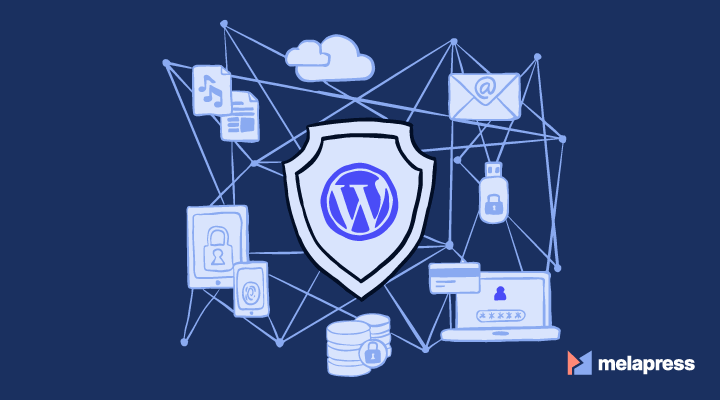1. What Is WordPress Hosting?
WordPress hosting is a specialized type of web hosting optimized for WordPress websites. It includes features such as one-click WordPress installation, automatic updates, and enhanced security to ensure smooth performance.
Unlike generic web hosting, WordPress hosting is tailored to handle the unique requirements of WordPress sites. It often includes caching mechanisms, content delivery networks (CDNs), and specialized support teams with WordPress expertise.
By choosing a WordPress hosting provider, users can experience faster load times, improved security, and better overall website management.

2. Types of WordPress Hosting
There are several types of WordPress hosting solutions available, each catering to different needs and budgets.
Shared WordPress Hosting
- Affordable and beginner-friendly.
- Multiple websites share the same server resources, which can affect performance.
- Best suited for small blogs and personal websites.
Managed WordPress Hosting
- Fully optimized and maintained by hosting providers.
- Features automatic updates, security monitoring, and premium support.
- Ideal for businesses and professional websites.
VPS WordPress Hosting
- Virtual Private Server (VPS) provides dedicated resources within a shared environment.
- Offers better performance and scalability compared to shared hosting.
- Suitable for growing websites with higher traffic demands.
Dedicated WordPress Hosting
- A dedicated server exclusively for one website.
- Maximum performance, security, and customization.
- Recommended for high-traffic websites and enterprise-level businesses.
Cloud WordPress Hosting
- Uses multiple servers to distribute website data, ensuring high uptime and scalability.
- Ideal for websites with unpredictable or high traffic spikes.

3. Key Features to Look for in a WordPress Host
Choosing the right WordPress hosting provider involves evaluating key features that impact website performance and security.
- Performance Optimization: Look for SSD storage, caching, and CDNs for faster load times.
- Automatic Backups: Regular backups protect data from accidental loss or cyberattacks.
- Security Enhancements: SSL certificates, firewalls, and malware scanning keep sites secure.
- One-Click WordPress Installation: Simplifies the setup process for beginners.
- Customer Support: 24/7 support with WordPress expertise is essential.
- Scalability: The hosting plan should accommodate website growth without downtime.

4. How to Choose the Best WordPress Hosting Provider
Selecting the best WordPress hosting provider depends on several factors:
1. Assess Your Website’s Needs
Consider factors like traffic volume, resource usage, and required features before choosing a hosting plan.
2. Compare Hosting Providers
Look at different hosting companies, compare pricing, and read user reviews to determine reliability and service quality.
3. Check Uptime Guarantees
A good hosting provider should offer at least 99.9% uptime to ensure your site remains accessible.
4. Consider Customer Support
Choose a provider that offers 24/7 support via live chat, phone, or email to handle issues efficiently.
5. Test Speed and Performance
Hosting providers with SSD storage, built-in caching, and a global CDN provide faster website performance.
[Insert Image Here]
5. Optimizing WordPress Hosting for Speed and Performance
Performance optimization is crucial for improving user experience and SEO rankings. Here’s how to maximize your WordPress hosting efficiency:
1. Enable Caching
Use server-side caching solutions like Redis or Varnish to reduce load times.
2. Optimize Images
Compress images using tools like Smush or TinyPNG to prevent slow loading.
3. Use a CDN
A Content Delivery Network (CDN) distributes content across multiple servers worldwide for faster access.
4. Choose a Lightweight Theme
Select a fast, well-coded theme optimized for performance.
5. Minimize Plugins
Only install essential plugins to prevent slowdowns.

6. Security Best Practices for WordPress Hosting
Security is a top priority for any WordPress website. Follow these best practices to keep your site safe:
1. Use SSL Certificates
SSL encrypts data between your website and users, enhancing security and boosting SEO.
2. Keep WordPress Updated
Regularly update WordPress core, themes, and plugins to prevent security vulnerabilities.
3. Enable Two-Factor Authentication (2FA)
Adding 2FA enhances login security by requiring an additional verification step.
4. Limit Login Attempts
Prevent brute-force attacks by restricting the number of failed login attempts.
5. Schedule Regular Backups
Use backup plugins like UpdraftPlus or VaultPress to ensure data recovery in case of emergencies.




You must be logged in to post a comment.